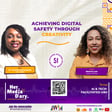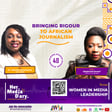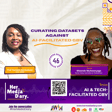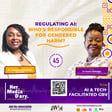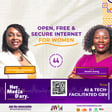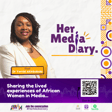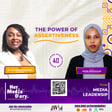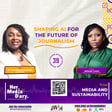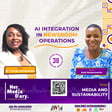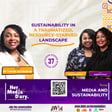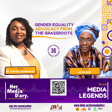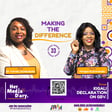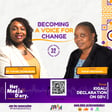
Her Media Diary Episode 50: “Spinning Truth to Power” with Farah Fortune
Farah Fortune is the founder & Managing Director of African Star Communications, a full-service PR agency, focusing on customized strategic public relations campaigns.
Farah, dubbed ‘The Pitbull in Heels’, established her PR agency in 2008 with just R1,000, a laptop, and a phone, and is the brain behind some of the continent’s most iconic brand and celebrity campaigns.
In this episode, Farah talks about starting from scratch, managing public crises, mentoring young women in PR, and vital tips every communications professional should have. She also talks about the benefits of building and maintaining a strong relationship with the media as a PR manager, being authentic and giving genuine, relevant information at all times.
Subscribe, leave a review and share this episode with someone who needs to hear it.
If you’d like to join an episode of this podcast, send an email to yemisi@africanwomeninmedia.com. Or visit our website at www.hermediadiary.com
Subscribe and follow Her Media Diary on all your favourite podcast platforms. Also, tune in to our partner radio stations from anywhere across Africa. And don’t forget to join the conversation using the hashtag #hermediadiary.
